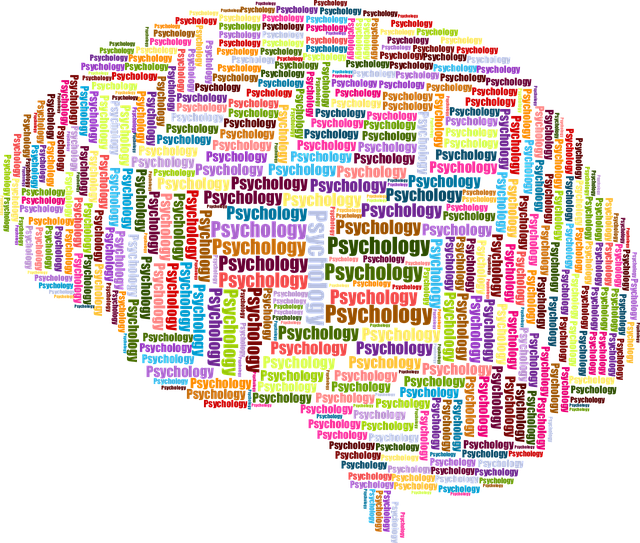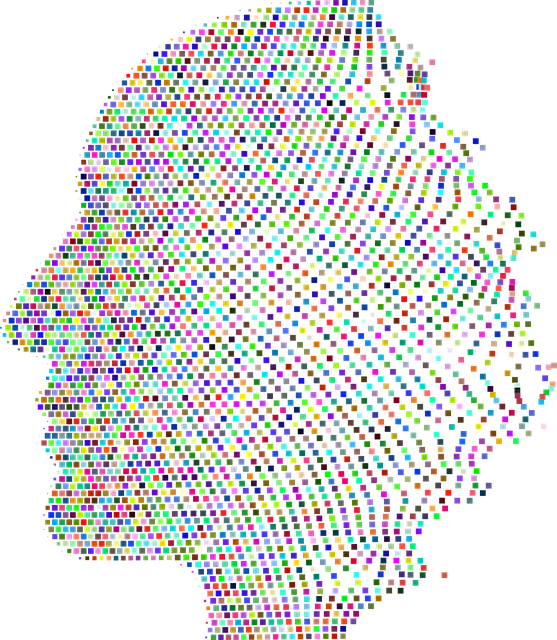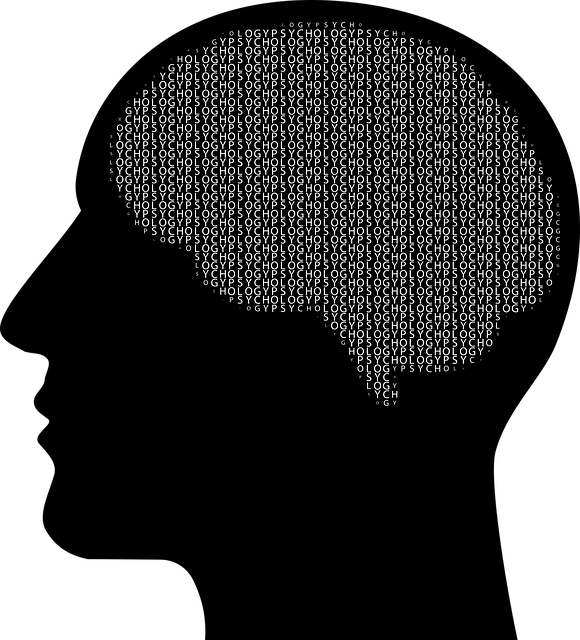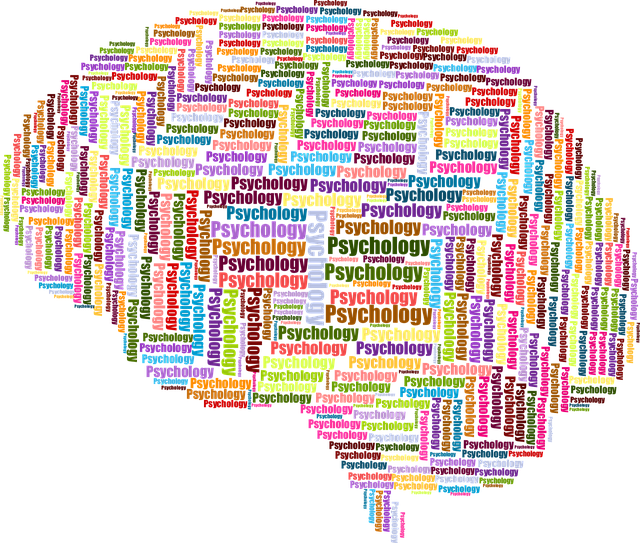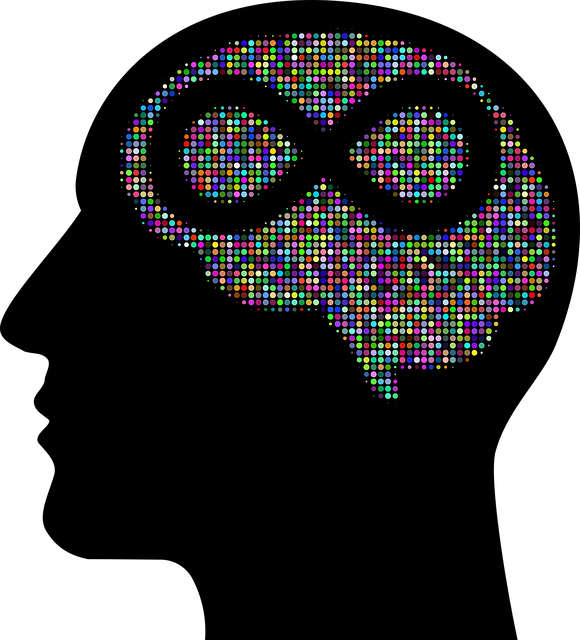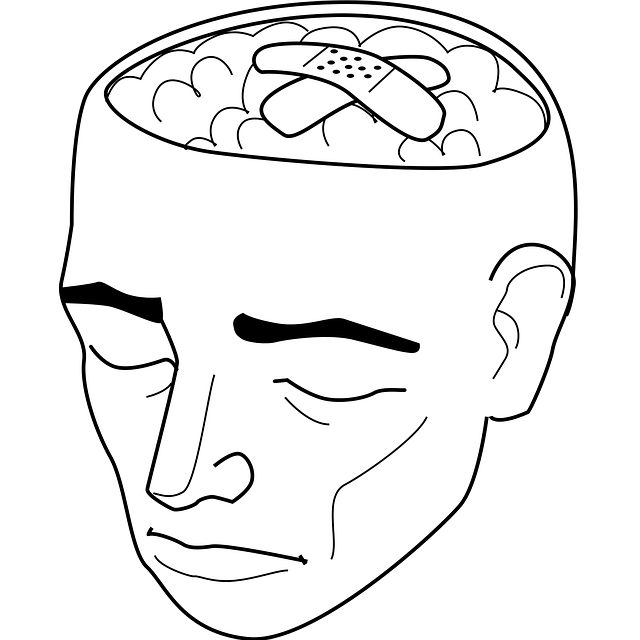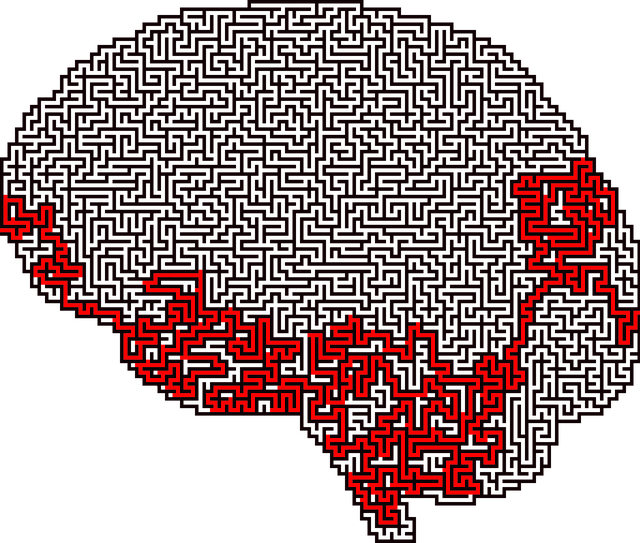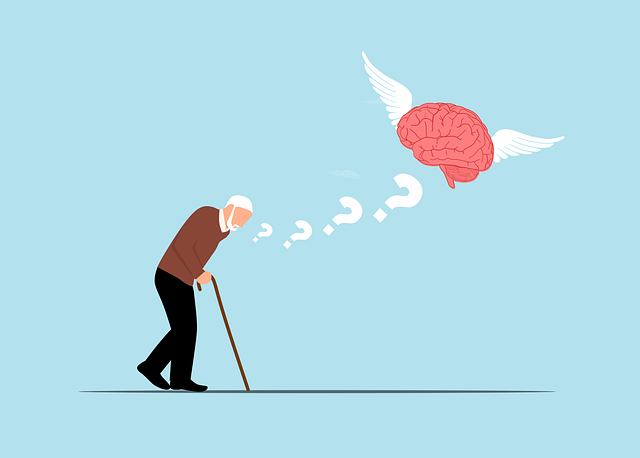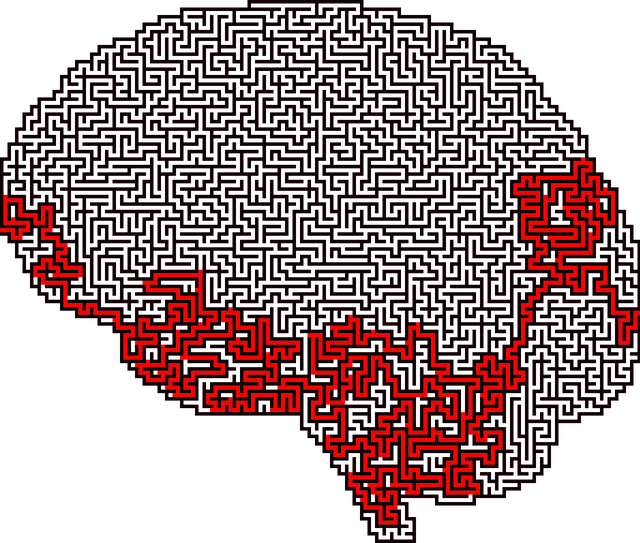Community outreach programs tailored for young adults with ADD/ADHD go beyond conventional therapy, offering comprehensive solutions including public awareness campaigns, engaging activities like Mental Wellness Journaling Exercises, and integrated evaluation systems. Local communities play a vital role through therapy, support groups, trauma services, and policy advocacy, fostering safe spaces for dialogue and enhancing well-being. Effective evaluation systems, including cognitive behavioral therapy and medication management, ensure tailored treatment plans and monitor progress, preventing burnout among patients and caregivers. Strategic initiatives like interactive workshops, digital platforms, social media engagement, healthcare provider support, and community partnerships maximize program impact and accessibility for therapy for young adults ADD-ADHD evaluations.
Community outreach programs play a vital role in supporting young adults with ADD/ADHD. This article explores strategies to enhance their effectiveness, focusing on therapy and support groups as cornerstones of local community initiatives. We delve into the benefits of these programs, highlighting how they can improve outcomes through structured evaluations. Key topics include implementing robust evaluation systems for ADD-ADHD, fostering engagement, and ensuring sustainability, ultimately improving the lives of young adults navigating these challenges.
- Understanding Community Outreach Programs for Young Adults with ADD/ADHD
- Benefits of Therapy and Support Groups in Local Communities
- Implementing Effective Evaluation Systems for ADD-ADHD
- Strategies to Enhance Engagement and Sustainability of Outreach Programs
Understanding Community Outreach Programs for Young Adults with ADD/ADHD

Community outreach programs designed for young adults with ADD/ADHD play a pivotal role in their mental wellness journey. These initiatives go beyond traditional therapy for Young Adults ADD-ADHD, offering a holistic approach that encompasses various support systems. Through public awareness campaigns development and engaging activities like Mental Wellness Journaling Exercise Guidance, these programs help demystify the condition and foster self-care practices. By providing platforms for open discussions and accessible evaluations, they empower young adults to take charge of their mental health, promoting better coping mechanisms and improved quality of life.
Self-Care Practices are integrated into these outreach efforts to ensure individuals with ADD/ADHD learn effective strategies for managing symptoms and enhancing focus. Regular journaling exercises, for instance, can help in tracking moods, setting achievable goals, and identifying triggers, thereby improving overall mental wellness. Such initiatives not only benefit the participants but also contribute to a broader understanding of ADHD, leading to more effective support systems within the community.
Benefits of Therapy and Support Groups in Local Communities

In local communities, therapy and support groups play a pivotal role in addressing various mental health concerns, especially among young adults. These initiatives offer a safe space for individuals to openly discuss their struggles, fostering a sense of belonging and camaraderie. Therapy for young adults with conditions such as ADD-ADHD can be highly beneficial, providing strategies to manage symptoms and improve overall well-being. Support groups further enhance this process by offering peer-to-peer guidance and sharing of experiences, which can significantly boost self-confidence and resilience.
Incorporating Trauma Support Services and Mental Health Policy Analysis and Advocacy into community outreach programs ensures a comprehensive approach to mental health care. Social Skills Training is another valuable component, empowering individuals with the necessary tools to navigate social interactions successfully. These combined efforts contribute to creating resilient communities where residents have access to essential resources for their mental health and overall development.
Implementing Effective Evaluation Systems for ADD-ADHD

Implementing effective evaluation systems is a cornerstone for managing ADD-ADHD (Attention Deficit Disorder with Hyperactivity and Impulsivity) in young adults. These evaluations go beyond diagnosing symptoms to assess the success of interventions, tracking progress over time, and identifying areas needing improvement. By integrating comprehensive therapy for young adults with ADD-ADHD, such as cognitive behavioral therapy or medication management, along with regular evaluations, healthcare providers can tailor treatment plans to meet individual needs. This proactive approach not only enhances the effectiveness of care but also fosters better outcomes in terms of academic performance, social interactions, and overall mental health.
Moreover, evaluating ADD-ADHD in young adults is crucial for preventing burnout among both patients and caregivers. Mental Health Policy Analysis and Advocacy plays a vital role here by ensuring that policies support accessible and affordable therapy options, thereby reducing the emotional and financial burden associated with managing this condition. Additionally, awareness campaigns aimed at Depression Prevention can help reduce stigma, encourage early intervention, and promote healthier coping strategies. Regular evaluations enable healthcare providers to monitor for depressive symptoms, which are not uncommon in individuals with ADD-ADHD, and offer timely support to mitigate risks.
Strategies to Enhance Engagement and Sustainability of Outreach Programs

To enhance engagement and sustain the impact of community outreach programs, particularly those focusing on mental health awareness, such as therapy for young adults with ADD/ADHD evaluations, several strategies can be implemented. Firstly, incorporating interactive and educational workshops tailored to diverse age groups and backgrounds fosters inclusivity. These sessions can cover topics like stress management, mindfulness, and understanding mental health conditions, encouraging open dialogue and personal connections.
Additionally, leveraging digital platforms for remote therapy sessions and disseminating Mental Health Awareness campaigns through social media channels can broaden reach and cater to hard-to-reach populations. Burnout prevention strategies for healthcare providers are also essential; ensuring advocates remain resilient and engaged fosters long-term sustainability. Regular feedback mechanisms, community partnerships, and celebrating milestones strengthen the program’s connection with participants and local stakeholders.
Community outreach programs that offer tailored therapy and support groups, coupled with effective evaluation systems, can significantly enhance the lives of young adults with ADD/ADHD. By implementing strategies to increase engagement and sustainability, these programs not only provide valuable resources but also foster a sense of belonging and improvement in mental health outcomes for this often-neglected demographic. Integrating these initiatives ensures that young adults with ADD/ADHD receive the necessary tools and support to thrive both personally and professionally.

